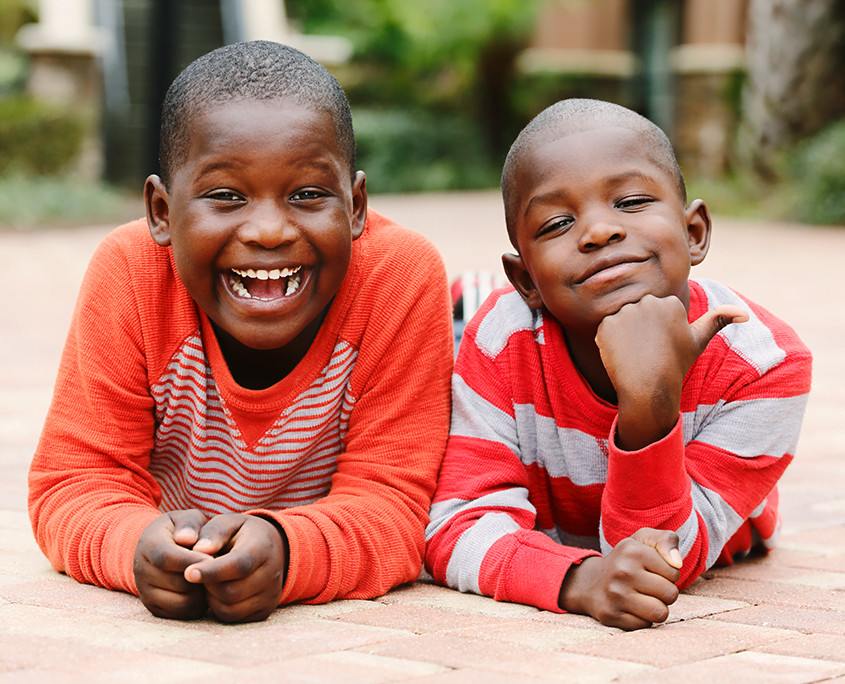Photo Credit: DjelicS/iStock/Getty Images
SDG 4: Quality education
As publishers committed to the United Nations Publishers Compact, we understand the immense impact education can have on shaping society. With this in mind, we are dedicated to utilising our platform to promote and advance quality education as outlined in SDG 4.
SDG 4 focuses on ensuring inclusive and equitable access to quality education for all and promoting lifelong learning opportunities. This goal is critical in achieving universal progress and is integral to Sustainable Development Goals.
Through our publications, we aim to drive reasoning and inform thinking on the importance of education. Our partnership with institutions and individuals who share this belief allows us to impact the world through the power of education positively.
As we achieve our universal goals by 2030, we must prioritise advancing quality education for all. We hope our efforts to promote SDG 4 will contribute to this critical effort.
The goal of achieving inclusive and quality education for all reinforces the belief that education is a critical tool for promoting sustainable development. This objective aims to ensure that all children, regardless of gender or wealth status, have access to accessible primary and secondary education by 2030.
Additionally, the goal seeks to provide equal access to affordable vocational training and increase higher education availability.
By 2030, all children, both girls and boys, will have completed accessible, equitable, and quality primary and secondary education that leads to relevant and effective learning outcomes. In addition, access to quality early childhood development and care will also be ensured, preparing children for primary education.
Equal access to affordable and high-quality technical, vocational, and tertiary education, including universities, will be provided to all men and women. As a result, there will also be a substantial increase in young adults and adults who possess relevant technical and vocational skills that prepare them for employment, entrepreneurship, and decent job opportunities.
Gender disparities in education will be eradicated, and equal access to education and vocational training will be provided to vulnerable groups, including persons with disabilities, indigenous peoples, and children in vulnerable situations. By 2030, all youth and a significant proportion of adults, both men and women, will have achieved literacy and numeracy.
All learners will acquire the knowledge and skills needed to promote sustainable development, including education for sustainable development and sustainable lifestyles, human rights, gender equality, and promoting a culture of peace and non-violence. Education facilities will be designed to be child, disability, and gender-sensitive, providing safe, inclusive, and effective learning environments for all.



